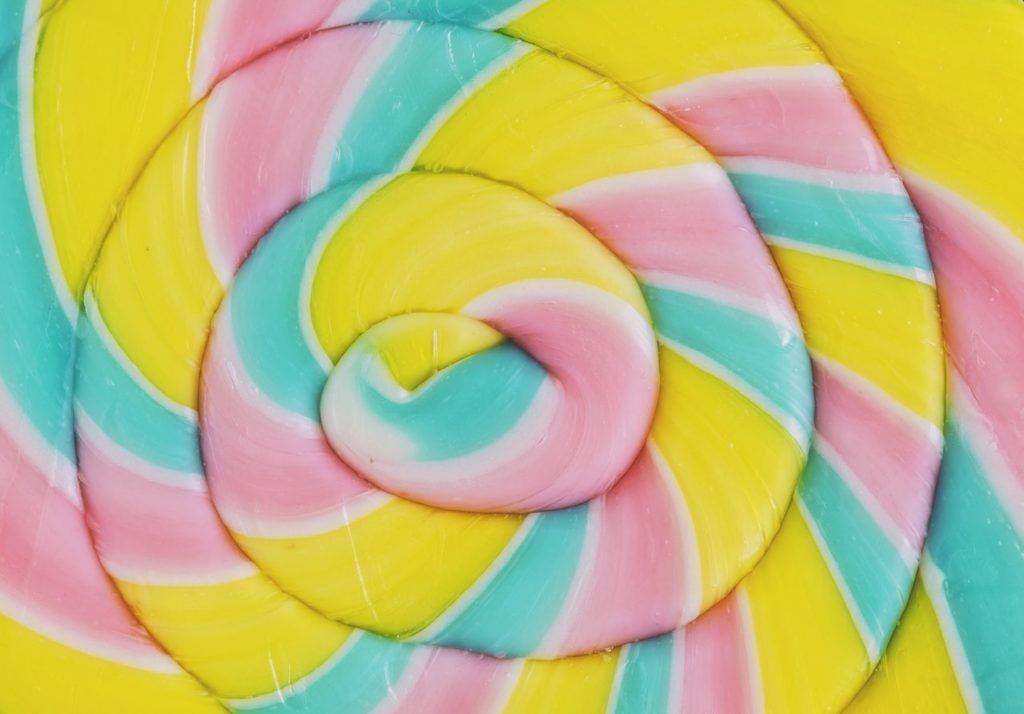The knowledge that the bacteria in our gut can influence our mood is growing, in fact in modern day research there is now a term for it: ‘psychobiotics”- this term describes the beneficial way certain bacteria in our gut secrete neurotransmitters such as serotonin, dopamine and GABA (yes – bacteria actually do this!). Too little of these bacteria can result in abnormalities of your neurotransmitters leading to depression, anxiety and OCD-like behaviours.
The term psychobiotics has recently been extended to also include prebiotics (which support bacteria (probiotics) by acting as a fuel source.
The probiotic strain Lactobacillus casei Shirota (found in the fermented milk drink Yakult) is a good example of how different bacteria can help us manage our stress response. Healthy male and female students consumed either the probiotic drink or a placebo for 2 months before a medical school examination. The group taking Yakult had substantially lower plasma cortisol (a stress hormone) compared to the placebo group on the day before the examination.
To get bacteria that exert anxiolytic and antidepressant effects and to improve the amount of bacteria in your gut, avoid the standard Western diet (notoriously low in fibre) and instead consume lots of whole foods high in fibre, primarily from vegetables and fruit as well as fermented foods. Bacteria love fibre and ferment this, using it as a fuel to multiply and improve the mood.




